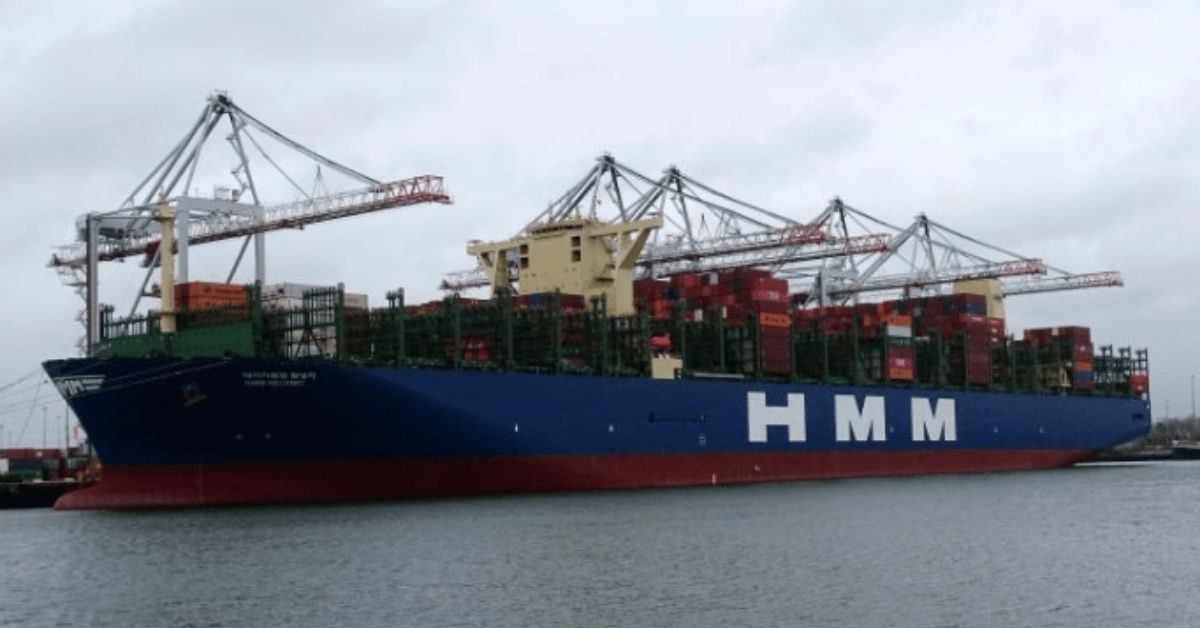HMM will be using 10 trillion won of that investment to purchase ships and build logistics facilities. “We consider this investment the least that we can do to make our company a sustainable and stable company amid growing uncertainties in the global shipping market due to environmental regulations and digitalization,” said Kim Kyung-bae, CEO, HMM. HMM is aiming to become a global industry leader by investing 15 trillion won ($11.4 billion) over the next five years.
The investment includes the shipper’s plan to augment container vessels to carry cargo worth 1.2 million twenty-foot equivalent units (TEU) and to add 26 more bulk carriers by the end of 2026.
HMM will also invest 5 trillion won to enhance the carbon-neutrality of its logistics service and achieve net-zero by 2050.
This involves securing more vessels run by eco-friendly fuels such as liquefied natural gas.
As a long-term strategy, the firm will invest in the research and development of new eco-friendly fuels that can help HMM become the world leader of eco-friendly shipping.
Another strategy HMM proposed was speeding up its digitalization process by implementing an artificial intelligence solution for container booking.
HMM recently unveiled the digital container booking platform Hi Quote, which offers a comprehensive contact-free sales experience featuring instant quotes, booking confirmation and space guarantees as an always-available online service.
Around 150 billion won will be used to establish an e-platform and advanced enterprise resource planning (ERP).
Other business strategies include strengthening its shipping management system and enhancing sales and maritime expertise by continuously nurturing talented employees.
“We have a healthy cash flow currently, and by taking into account what major economic growth forecasting organizations say about the market environment in the next five years, we will decide on the size of the equity fund that will go into this 15 trillion won investment,” said Choi Yoon-seong, chief financial officer of HMM. HMM saw an outstanding performance in the first quarter of this year with a net profit of 3.13 trillion won and doubled sales of 4.92 trillion won on high freight rates due to global supply chain disruption.








